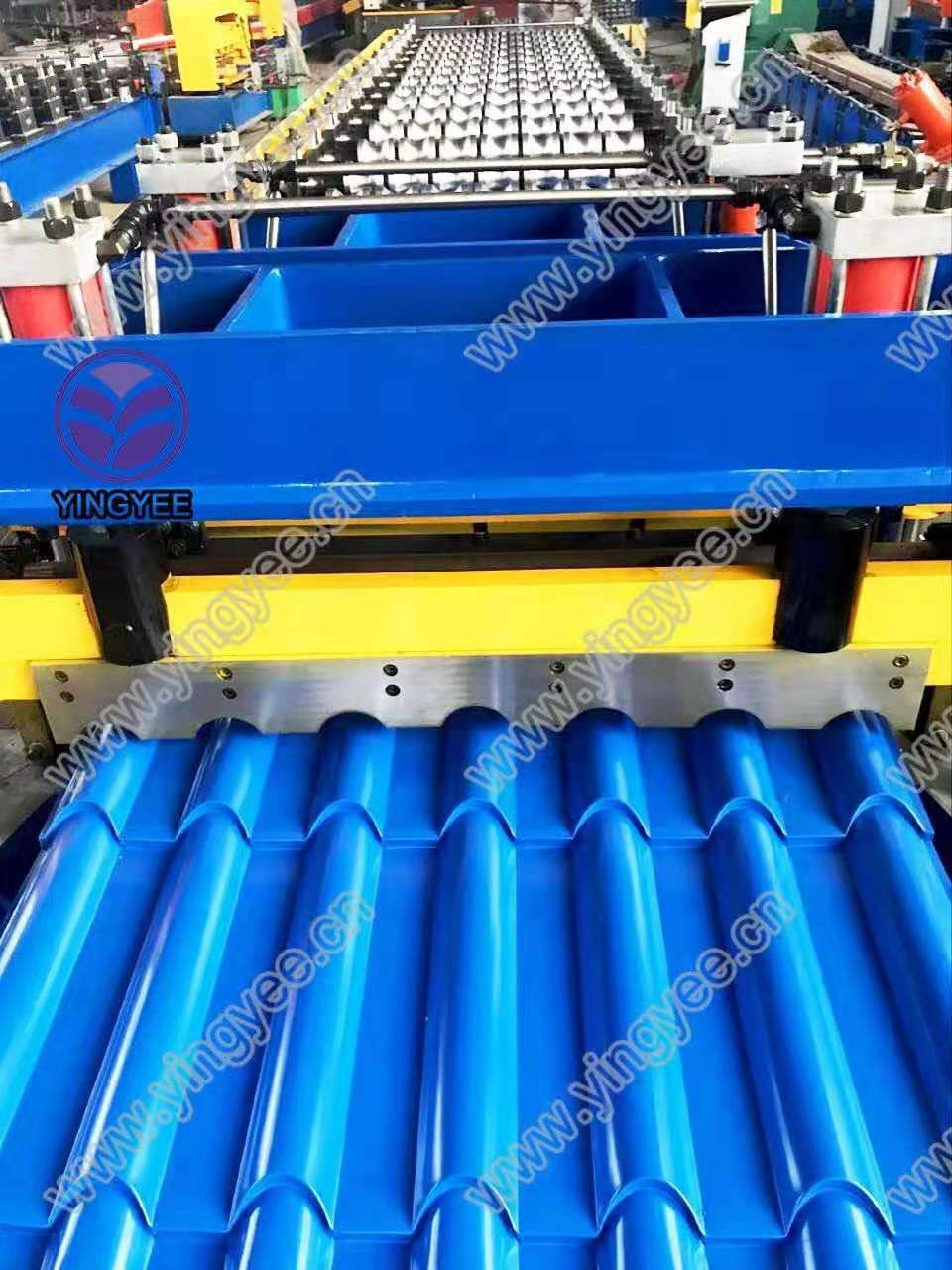
The Evolution and Importance of Mild Steel Pipe Making Machines
Mild steel, recognized for its ductility, malleability, and strength, has become an essential material in various industries, including construction, automotive, and manufacturing. The processes involved in producing mild steel pipes have evolved significantly over the years. At the heart of this transformation are mild steel pipe making machines, which play a crucial role in shaping this versatile material into functional products used worldwide.
Understanding Mild Steel Pipes
Mild steel, or low carbon steel, typically contains about 0.05% to 0.25% carbon by weight. This low carbon content makes it less brittle compared to other forms of steel, enabling it to be easily welded, forged, and formed into pipes. Mild steel pipes are widely used for conveying water, gas, and other fluids, as well as in structural applications. Their combination of strength, affordability, and versatility makes them a preferred choice in various projects.
The Pipe Manufacturing Process
The manufacturing of mild steel pipes involves several stages, including cutting, shaping, welding, and finishing. The evolution of technology has led to the development of specialized machines that streamline these processes, enhancing production efficiency and product quality.
1. Cutting and Preparation The first step in pipe production involves cutting mild steel sheets into specific dimensions. Modern laser cutting machines have revolutionized this process, allowing for precision cuts that reduce material waste and ensure high-quality edges.
2. Forming and Shaping After the sheets are cut, they go through a forming process, where they are rolled into tubular shapes. Advanced pipe making machines use rotary piercing, extrusion, or roll-forming techniques to create pipes of various sizes and wall thicknesses.
3. Welding One of the most critical phases in pipe manufacturing is welding, as it determines the structural integrity of the finished product. High-frequency induction welding and submerged arc welding are common methods employed in mild steel pipe making machines. These techniques provide strong, reliable welds that can withstand pressure and stress.

4. Finishing and Quality Control Once the pipes are welded, they undergo finishing processes, including cutting to length, surface treatment, and inspection. Modern machines incorporate automated systems for testing pressure, dimensions, and surface quality, ensuring that only top-grade pipes are delivered to customers.
The Benefits of Using Advanced Pipe Making Machines
Investing in advanced mild steel pipe making machines offers several advantages for manufacturers. First and foremost, these machines increase production efficiency. Automation allows for higher output rates with reduced manual labor, lowering operational costs. Further, high precision and accuracy in manufacturing lead to less scrap material, enhancing sustainability in production processes.
Adopting advanced technology also improves the quality and consistency of the pipes produced. Customers increasingly demand products that meet strict industry standards, and state-of-the-art machines can achieve tighter tolerances and superior surface finishes that fulfill these requirements.
Moreover, modern mild steel pipe making machines can be integrated with Industry 4.0 technologies, including IoT (Internet of Things) connectivity and data analytics. These capabilities enable manufacturers to monitor production processes in real time, identify potential issues, and implement corrective actions swiftly.
The Future of Mild Steel Pipe Manufacturing
As the demand for mild steel pipes continues to rise, driven by urbanization and infrastructure development, the evolution of pipe making machines will persist. Future innovations may focus on enhancing energy efficiency, reducing waste, and improving automation. Additionally, advancements in materials science may lead to the development of new steel alloys that can provide additional benefits while maintaining the desirable properties of mild steel.
In conclusion, mild steel pipe making machines represent a vital segment of the manufacturing industry. Their role in producing high-quality pipes that meet diverse needs cannot be overstated. As technology advances, these machines will continue to evolve, supporting the growth of various industries and contributing to the sustainable development of infrastructure worldwide.